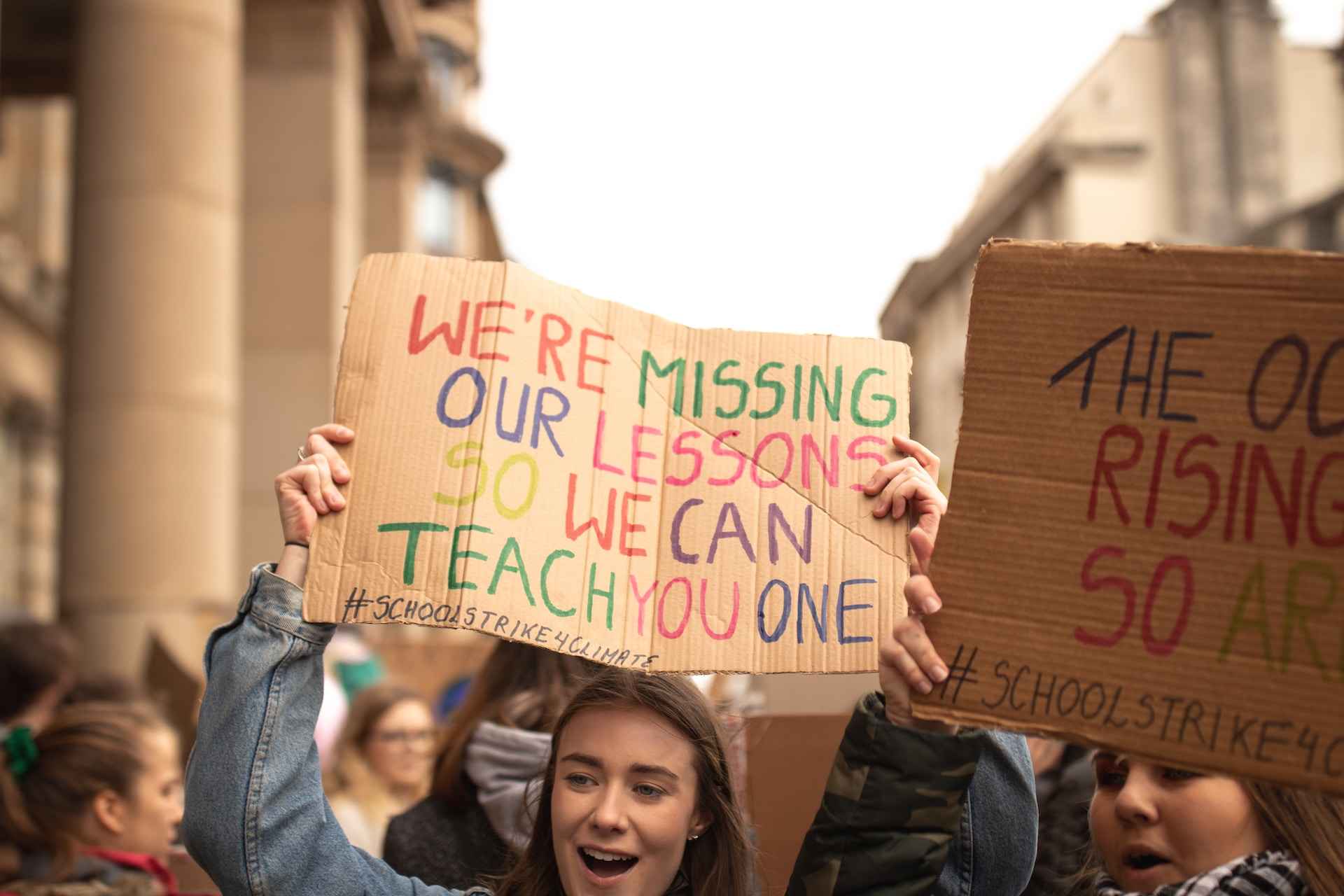
Companies that want to attract, retain, and engage young workers must prioritize human connection and meet Gen Z where they are at.
Generation Z, born between the mid-1990s and the early 2010s, has now entered the workforce in considerable numbers. As digital natives, Gen Z are influencing the workplace in many ways that are different from previous generations. From their approach to communication and technology to their attitudes towards work-life balance and diversity, Gen Z is bringing about changes that are reshaping organisations. Despite growing up in the aftermath of the Great Recession, one might assume that Gen Z is risk-averse, pragmatic, and prioritizes job security over entrepreneurship. However, a more nuanced understanding of this generation’s career aspirations, development, values, behaviour, education, and approach to diversity reveals a different picture.
According to a study by Deloitte Consulting, while salary remains an important consideration when selecting a job, Gen Z places less value on it compared to previous generations. When given the choice between a higher paying but dull job and a more engaging job with a lower salary, Gen Z is relatively equally divided in their preference. At present, Gen Z represent about 30% of the total global population and it is predicted that by 2025, Gen Z will make up about 27% of the workforce – a study by the World Economic Forum shows. This could lead to further transformations in the way we work as employers strive to appeal to and retain the upcoming generation of talent. To attract and retain Gen Z, companies and employers must emphasize their commitment to societal challenges such as sustainability, climate change, and diversity. Here are some changes that Gen Z are influencing at the workplace and shaping certain aspects of HR:
Communication:
Gen Z are promoting new trends in the way we communicate at work. Gen Z is well-versed in using social media, messaging apps, and other digital platforms for communication. This generation’s preference for instant messaging, video conferencing, and collaboration tools has impacted the way organisations communicate with their employees and clients. Gen Z workers have demonstrated a strong preference for flexible work arrangements, which has led to an increased use of video conferencing platforms like Zoom, Microsoft Teams, and Skype. This shift has also contributed to a more geographically diverse workforce. HR departments are incorporating more digital tools and platforms into their processes, such as digital onboarding, HR analytics, and performance management platforms, to streamline processes and improve the employee experience.
Social Responsibility:
Gen Z has a strong sense of social responsibility and a desire to make a positive impact on society. This has led to a demand for social responsibility in the workplace. According to Merkle’s Next Generation of Consumer Behavior report, 83% of Gen Z’ers want brands to take a stance on social issues (compared to just 59% of consumers aged 41 and up). Gen Z workers expect their employers to take a stand on social and environmental issues, and they are more likely to work for companies that prioritize sustainability, diversity, and inclusion. They are also more inclined to support brands that align with their values. Employers who fail to address these concerns risk losing out on top talent and customer loyalty. As a result, companies are increasingly being called upon to demonstrate their commitment to social responsibility and make it a core part of their culture.
Training and development:
As per Glint’s 2021 Employee Well-being Report, the topmost aspect that defines an exceptional work environment is now having opportunities for learning and growth. Introducing training and reskilling programs can prove beneficial for all generations of employees, including Gen Z, while also contributing to better retention rates. Gen Z value training and development opportunities more than any other previous generation. They understand that in today’s fast-paced world, continuous learning is necessary to stay relevant and competitive in the job market. Gen Zers prioritize personal growth and development, and they seek out organisations that offer training and development opportunities as a benefit. HR departments are adapting their training and development programmes to cater to this by providing more personalized and on-demand training options, incorporating digital learning tools, and emphasizing continuous learning.
Companies that want to attract, retain, and engage young workers must prioritize human connection and meet Gen Z where they are at. As Gen Z workers continue to create changes to the previous ways of working, employers must continue to improve their work flexibility, mental health, diversity, and career growth opportunities to meet the interests of talented young workers.